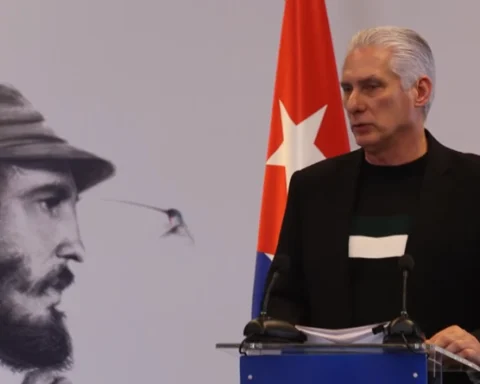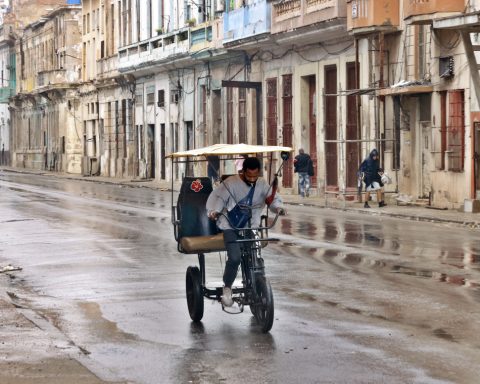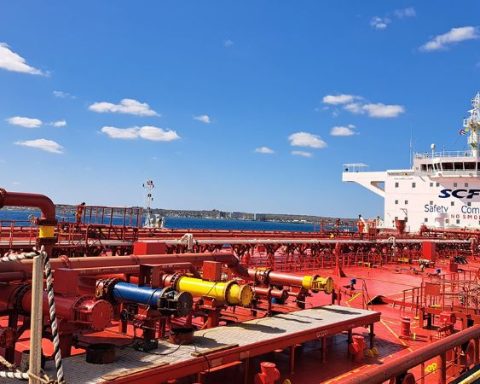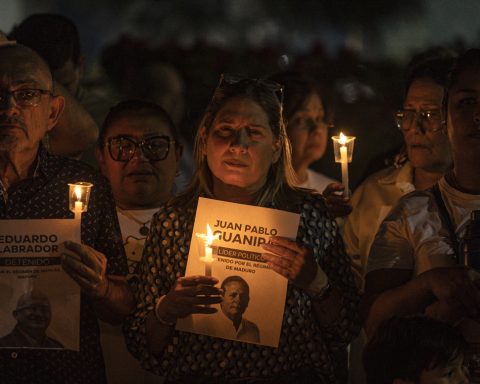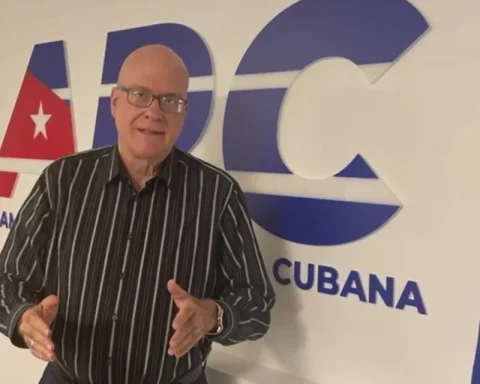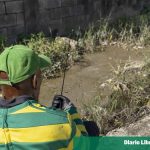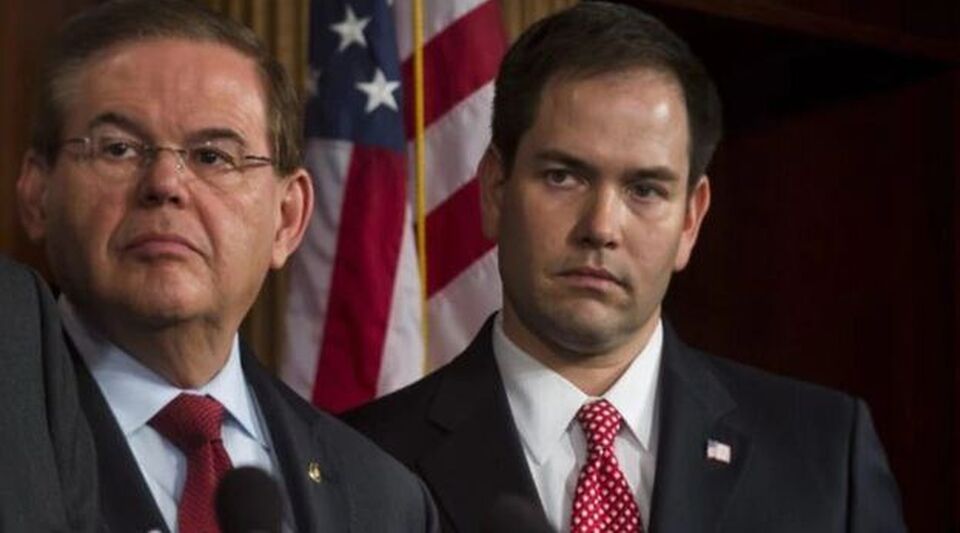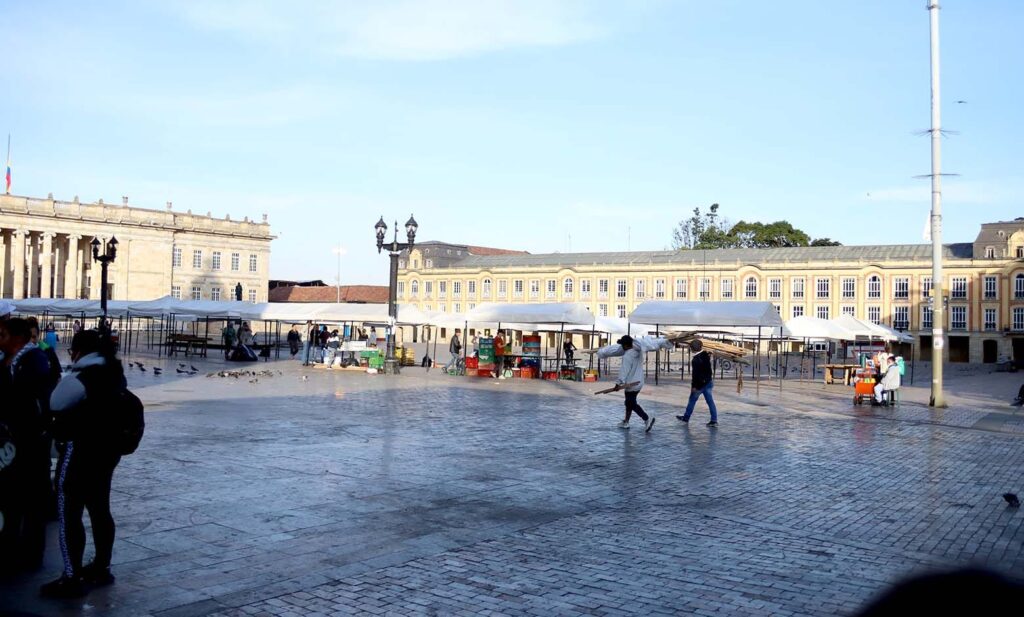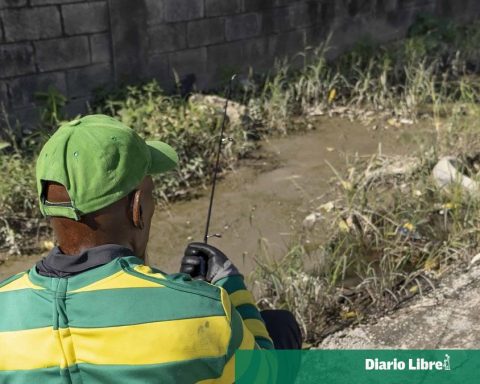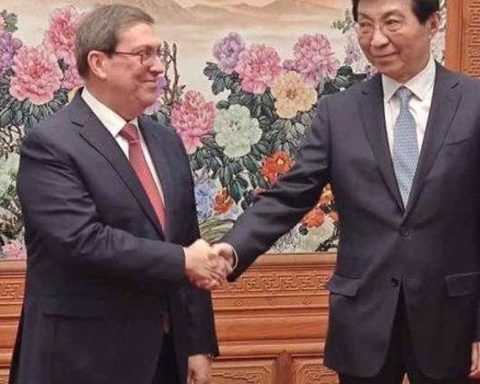The new crisis between Servia and Kosovo, two Balkan countries that emerged after the dismemberment of the former Yugoslavia, began last week when the Kosovar police closed the border crossings in the towns of Bernjak and Jaringe, after the establishment of a road blockade by Serbs in the neighboring nation .
These crises are cyclical and, according to Serbian journalists, are often fueled by Belgrade, which is torn between an alliance with the West and its traditional ties with Moscow.
But this time, the matter has escalated to the point that NATO has said it is ready to intervene, as it did in the 1990s conflict, when it took the side of the Kosovar-Albanian rebels against Serbia and attacked that country. Now, Kosovar police say they were forced to close the Bernjak and Jarinje border crossings after Serb protesters fired on authorities and blocked roads.
The protesters oppose a new rule that would have forced all people who enter Kosovo with Serbian identity documents to replace them with a temporary document during their stay in that country, which is recognized by a group of nations such as the United States and the most members of the European Union (EU), but not by others such as Russia, China, India, Spain, Brazil, Mexico and Cuba.
Authorities in Belgrade, which consider Kosovo an autonomous territory part of Serbia, apply a similar rule to Kosovars visiting the nation.
The government of Kosovo, a country that declared independence in 2008, also said that ethnic Serbs who have car registration plates issued by Serbia will have to exchange them for Kosovo plates.
Following weekend tensions and consultations with the EU and US ambassadors, the Pristina government said it would delay its plan for a month and start implementing it on September 1.
Why are the Serbs resisting?
Some 50,000 ethnic Serbs living in the north of the country use license plates and documents issued by the Serbian authorities. They do not recognize Kosovo’s right to impose rules and regulations.
Faced with the new rules dictated by Pristina, they organized daily protests and blocked traffic at the two border crossings.
Serbian President Aleksandar Vucic said the situation in Kosovo has never been “more complex” for Serbia and ethnic Serbs.
“The atmosphere is boiling”, the president, who warned that “Serbia will win” if Serbs living in Kosovo are attacked. But Kosovar Prime Minister Albin Kurti responded by accusing Vucic of causing “riots.”
“The next few hours, days and weeks can be challenging and troublesome,” Kurti said.
The new border rules come nearly a year after his government stopped imposing similar rules due to earlier protests.
However, there is also an internal factor in Serbia, where the Vucic government is experiencing a credibility crisis due to its undemocratic tendencies and, according to analysts, is using these clashes to divert attention.
“Whenever tensions occur between Kosovo and Serbia, the government of Serbia, or the autocratic regime in Belgrade, obtains political dividends in the domestic field because it feeds off all the variations of crises that they generally self-produce,” he told OnCuba Serbian journalist Milan Balinda.
Now, “they have help from the government of Kosovo, but in the end everything will calm down again, so that possibilities for new tensions are maintained, which they always need,” he estimated.
NATO ready to intervene
Serbia does not recognize Kosovo’s independence, and tensions between the two countries are now at their highest point in years. Faced with this scenario, NATO came to affirm last Sunday that it was ready to intervene if “stability is endangered.”
The Atlantic alliance maintains its presence in Kosovo with 3,770 soldiers on the ground, a prerogative agreed with Belgrade after the war in the late 1990s, and apparently encourages the parties to continue the talks.
The talks, mediated by the EU, began more than a decade ago, but have so far failed to normalize ties between the two parties, while Kosovo, which is not a UN member state, continues to aspire to join the Union. .

